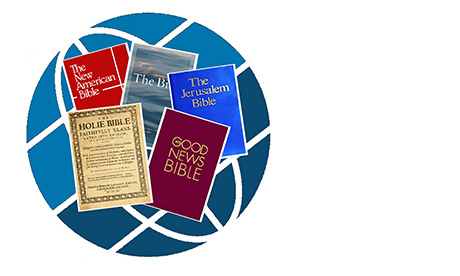The Catholic Church in New Zealand is setting its sights on introducing an inclusive lectionary for Mass.
Improved translations for the opening and post-Communion prayers are also under consideration.
The initiative was confirmed by Bishop Stephen Lowe, president of the New Zealand Catholic Bishops Conference and the bishops’ representative on the International Commission on English in the Liturgy (ICEL).
The revised inclusive lectionary, a joint venture among the bishops’ conferences from Australia, New Zealand and Ireland, will incorporate the Revised New Jerusalem Bible (RNJB).
Lowe cited the RNJB’s affinity with the well-established Jerusalem Bible translation, currently approved for New Zealand, and for its embracing inclusive language.
The New Zealand Bishops’ Conference has endorsed the project. “We await the same from our Australian and Irish counterparts,” said Lowe.
The undertaking of the new lectionary is expected to span approximately three years.
During this phase, the conferences will spearhead a programme aimed at acquainting parishes and schools with the new edition.
New priest’s prayers too
Since its introduction in 2011, New Zealand’s Catholics have voiced concerns about the English used in the prayers of the Mass.
In 2011, Vox Clara a Vatican committee, pushed through an English translation that was more in line with the original Latin.
Direct translations from Latin, maintaining Latin syntax, have occasionally muddled the meaning in English, and the ‘muddled meanings’ is a prominent point emerging from New Zealand’s Synodal feedback.
Reflecting on the potential of the improved Mass prayer translations as a solution to the existing translation’s critiques, Lowe hinted at a solution with the release of a revised book of prayers the priest uses at Mass.
Welcoming the intent of the move, New Zealand liturgical theologian Dr Joe Grayland said the facility has been available to all bishops since September 3, 2017, when Pope Francis published Magnum Principium (The Great Principle).
In releasing Magnum Principium, Pope Francis emphasised the need for translations to
- remain loyal to the original text
- loyal to the language it is translated into, and
- be comprehensible to congregants
The Australian, Ireland and New Zealand bishops’ solution keeps the status quo for the congregation’s prayers and responses.
1998 Roman Missal translation
From 1983 – 2003, New Zealand Bishop Peter Cullinane was a respected member of the Episcopal Board of the International Commission for English in the Liturgy (ICEL).
It was a time when the 1998 Sacramentary was developed.
In 1998, all the bishops of the English-speaking world agreed on a translation of the Roman Missal.
However, also in 1998, the prefect of the Congregation of Divine Worship and Discipline of the Sacraments, Cardinal Jorge Medina Estévez, blocked ICEL’s work.
Medina, a Chilean, spoke no English and set up Vox Clara, a group of senior bishops from English-speaking countries.
Vox Clara held its inaugural meeting in Rome in April 2002 under the chairmanship of then-Archbishop George Pell of Sydney.
According to columnist Robert Mickens, Medina mercilessly bullied ICEL officials.
The universally acceptable and inclusive translation is not lost and is still available:
- The Sacramentary – Volume One – Part 1
- The Sacramentary – Volume One – Part 2
- The Sacramentary – Volume Two – Part 1
- The Sacramentary – Volume Two – Part 2
Sources
